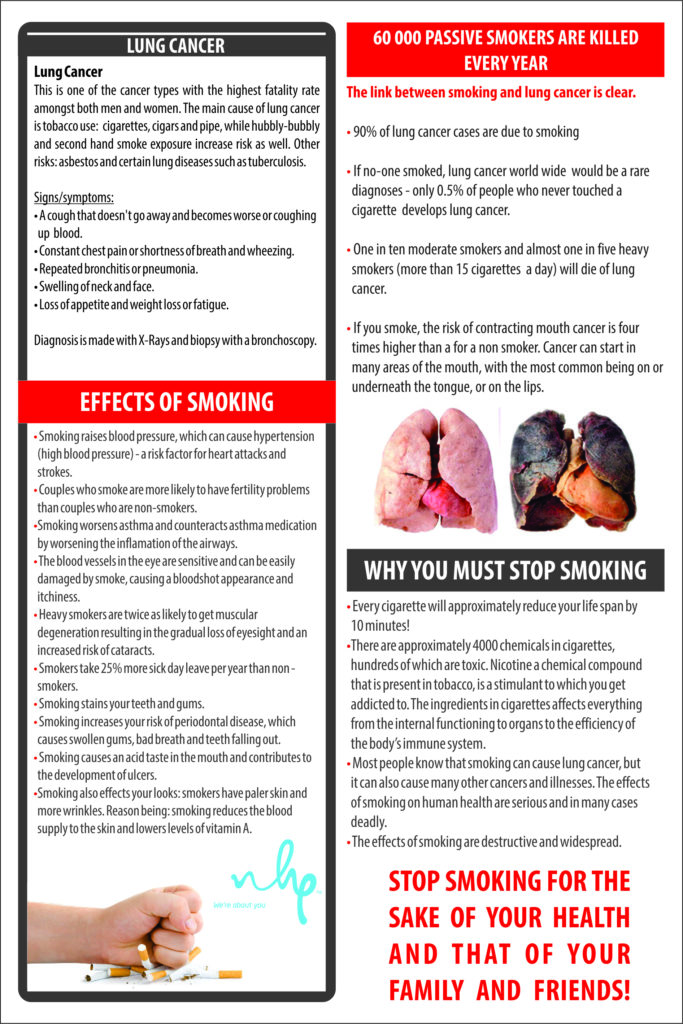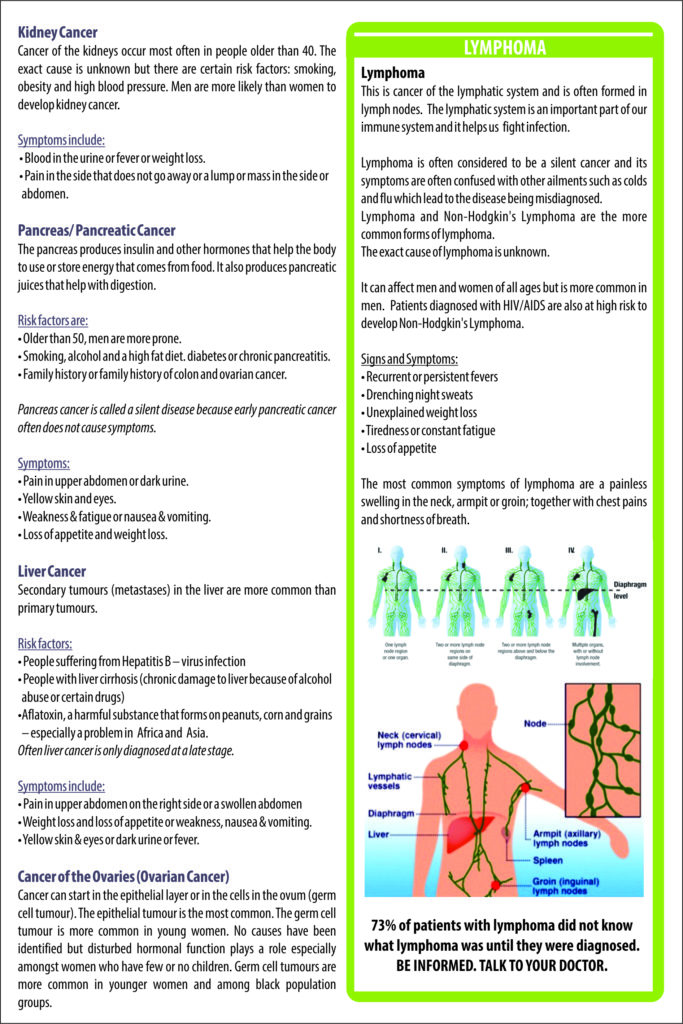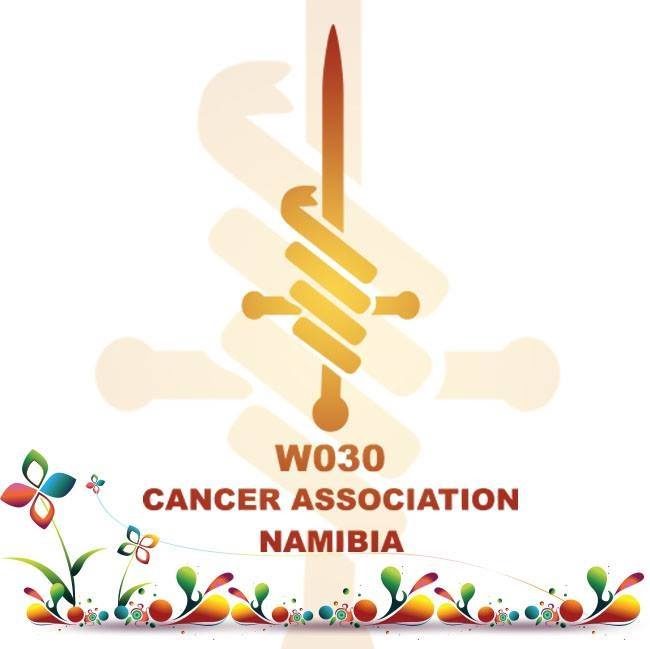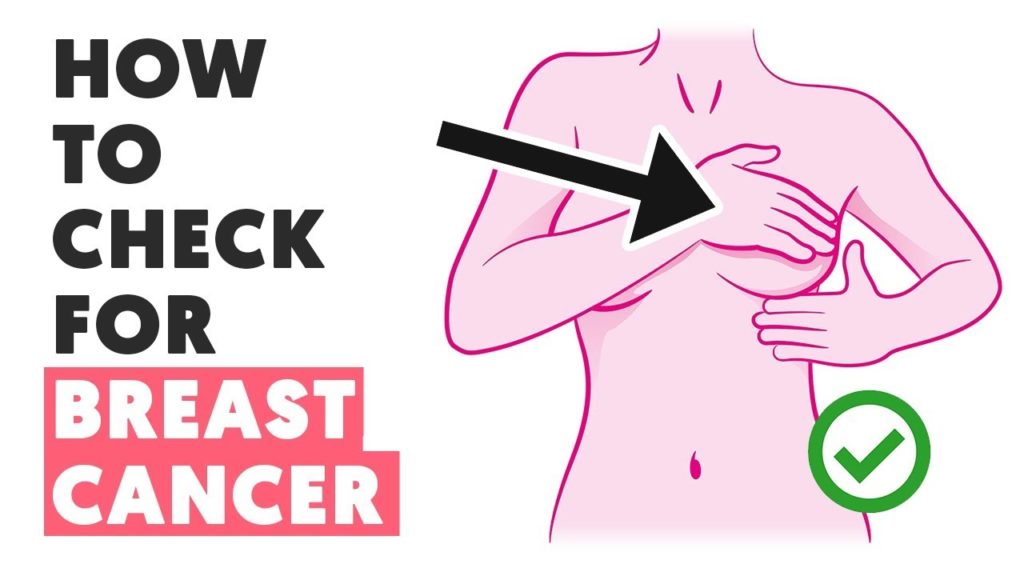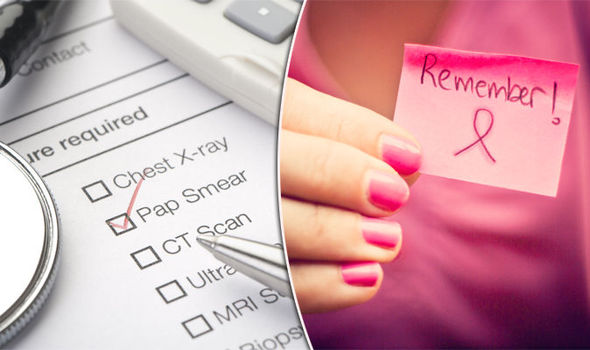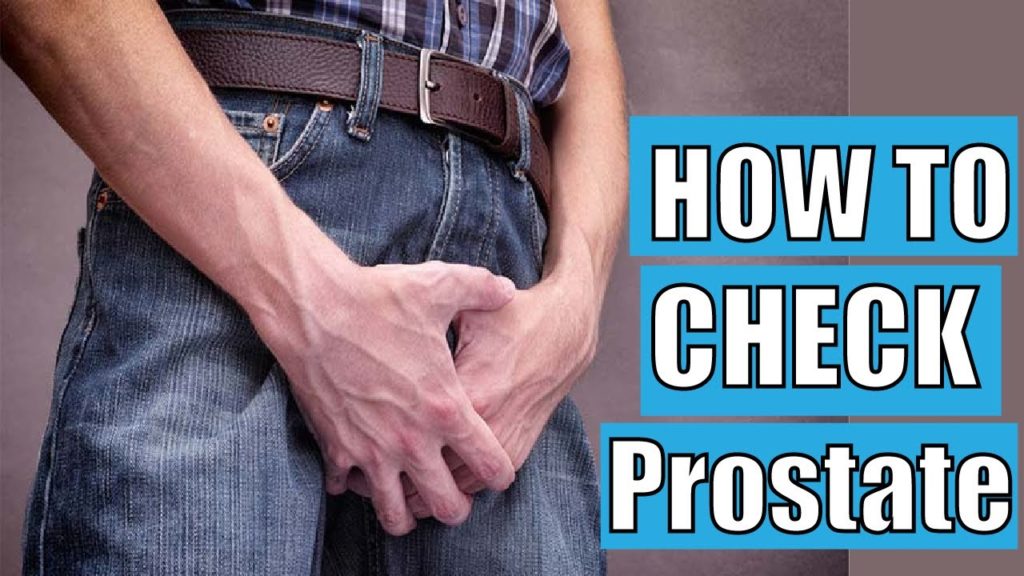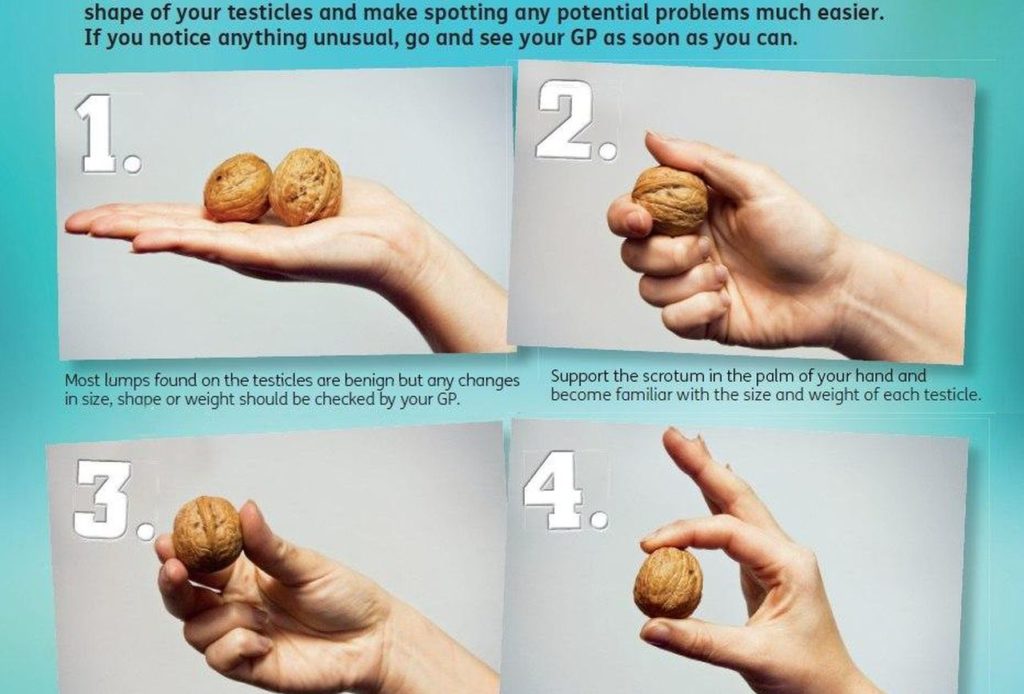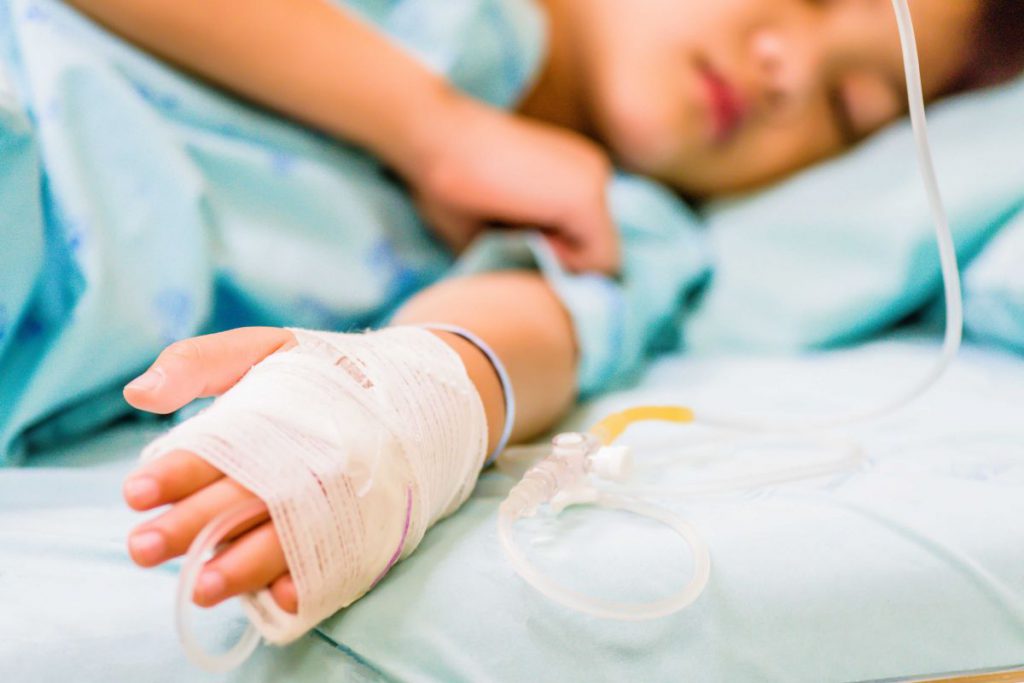What should I look for?
There are more than 200 different types of cancer that can cause many different symptoms, and it’s not possible to know all of them. But what you can know is your own body and what’s normal for you.
Some parts of our body we can see and touch – and knowing what they usually look and feel like is a good way of being able to know what’s normal for you. But there’s no need to regularly check yourself at a set time or in a set way.
What about the parts of my body I can’t see or touch?
Changes that happen in parts of our body that we can’t see might be more difficult to spot or describe. But being aware of how you usually feel can help you notice when something’s different – whether it’s a cough that hangs around for a few weeks, spotting blood in your poo, having persistent heartburn or any other change that isn’t normal for you. It’s important not to put a change down to just getting older – get it checked out by your doctor – even if you’re not concerned about it.
What about self-checks?
Lots of people talk about the importance of breast or testicle ‘self-checks’ (also known as self-examinations or self-exams) to try and spot cancer early. But regularly checking your breasts testicles or other parts of your body could actually do more harm than good. Self-checking is different to cancer screening, see how to screen your body for cancer.
Should I check my breasts?
It’s a good idea from time to time to look at and feel your breasts. But there’s no need to do this regularly at a set time or in a set way. Research has shown that women who regularly self-check their breasts aren’t any less likely to die from breast cancer. But they are almost twice as likely to have a biopsy of a lump that turns out not to be cancer.
So the evidence tells us that regularly checking your breasts doesn’t reduce the risk of dying from breast cancer, but might mean you have unnecessary investigations.
But it’s still a good idea to get to know your body generally (not just your breasts) and keep an eye out for any changes.
Should I check my testicles?
Scientists reviewed the evidence and found no studies of a good enough quality to tell if testicular self-exams are effective. But regular testicular self-exams may cause unnecessary investigations and anxiety if they pick up harmless lumps that are not cancerous. It’s still a good idea to look at and feel your testicles every now and then, but there’s no need to worry about doing it regularly in a set way at a set time.
Why is early diagnosis important?
Finding and treating cancer at an early stage can save lives.
Cancer that’s diagnosed at an early stage, when it isn’t too large and hasn’t spread, is more likely to be treated successfully. If cancer spreads, effective treatment becomes more difficult, and generally a person’s chances of surviving are much lower.
How early diagnosis can improve survival
Below are some examples of how spotting cancer early can make a real difference:
Bowel cancer
More than 9 in 10 bowel cancer patients will survive the disease for more than 5 years if diagnosed at the earliest stage.
Breast cancer
More than 90% of women diagnosed with breast cancer at the earliest stage survive their disease for at least 5 years compared to around 15% for women diagnosed with the most advanced stage of disease.
Ovarian cancer
90% of women diagnosed with the earliest stage ovarian cancer survive their disease for at least 5 years compared to around 5% for women diagnosed with the most advanced stage of disease.
Lung cancer
More than 80% of lung cancer patients will survive for at least a year if diagnosed at the earliest stage compared to around 15% for people diagnosed with the most advanced stage of disease.
Why are some cancers diagnosed late?
- Low awareness of cancer signs and symptoms can mean that people don’t realise that a symptom is important, or that they should see their doctor about it.
- Some people might put off seeing a doctor for various reasons, including things like being worried about what they might find.
- There can be delays in GPs referring patients on for tests or treatment.
- Delays can occur in getting an appointment at the hospital.
What is Lymphoma?
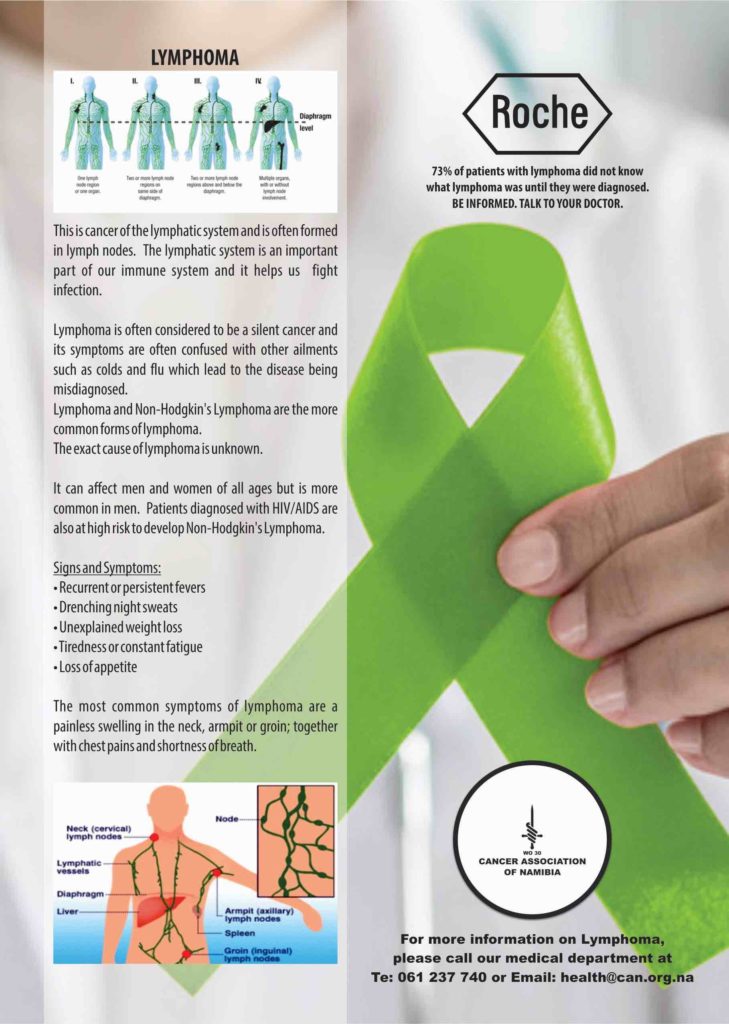
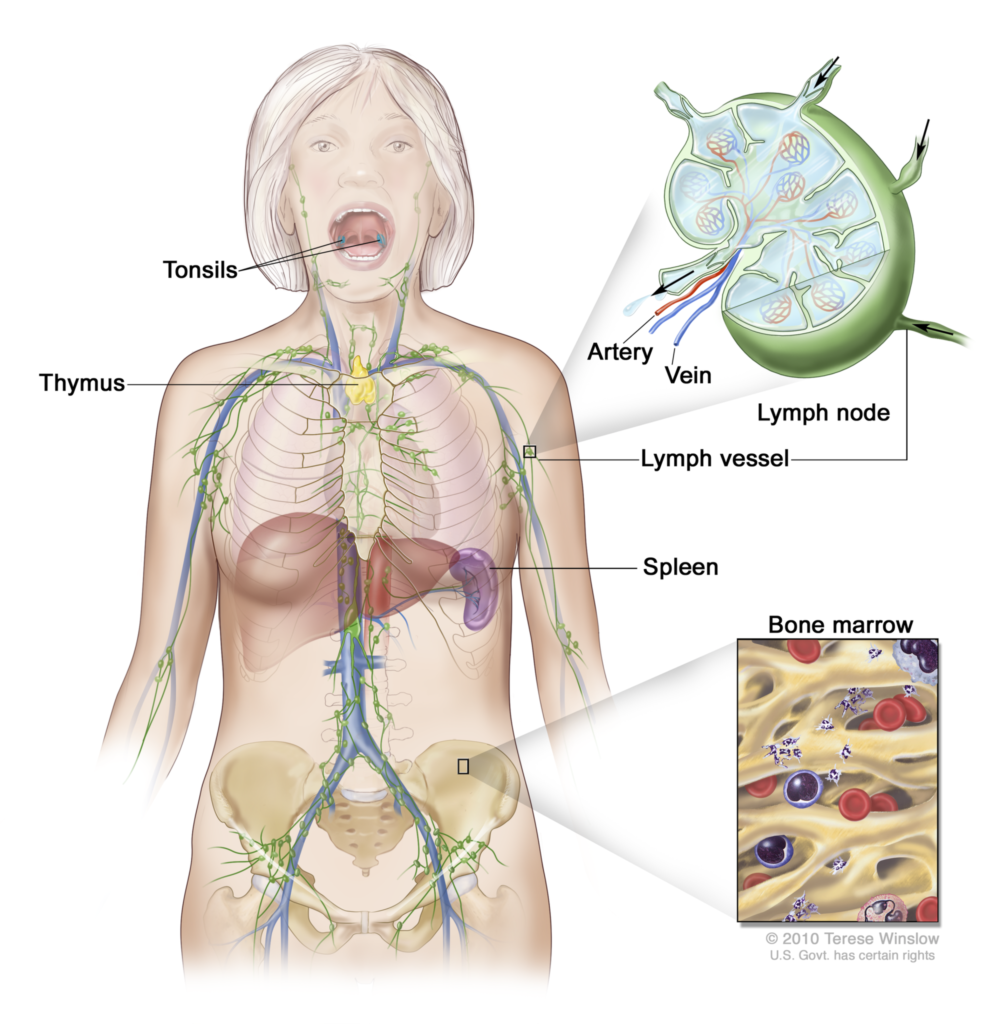
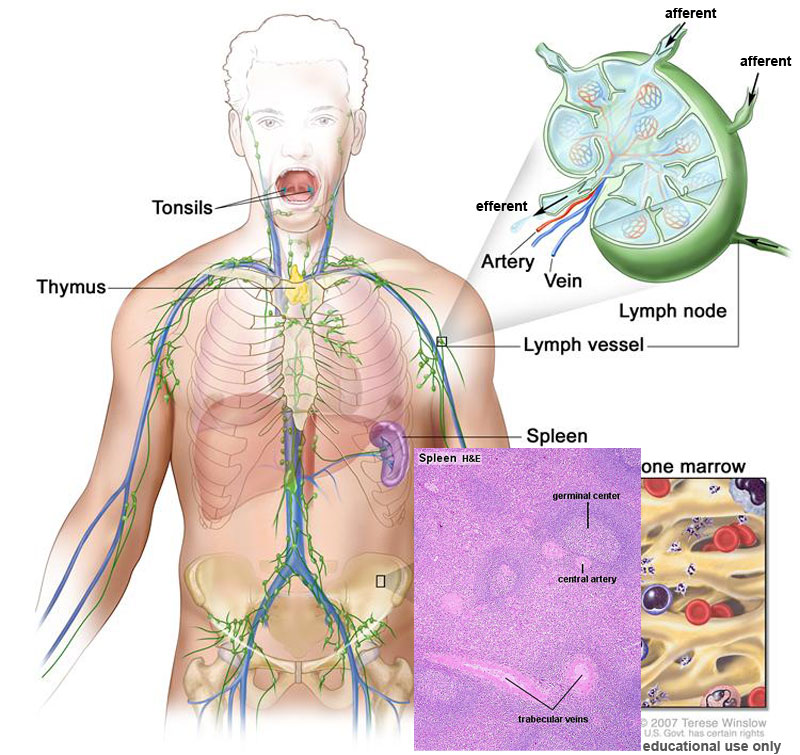
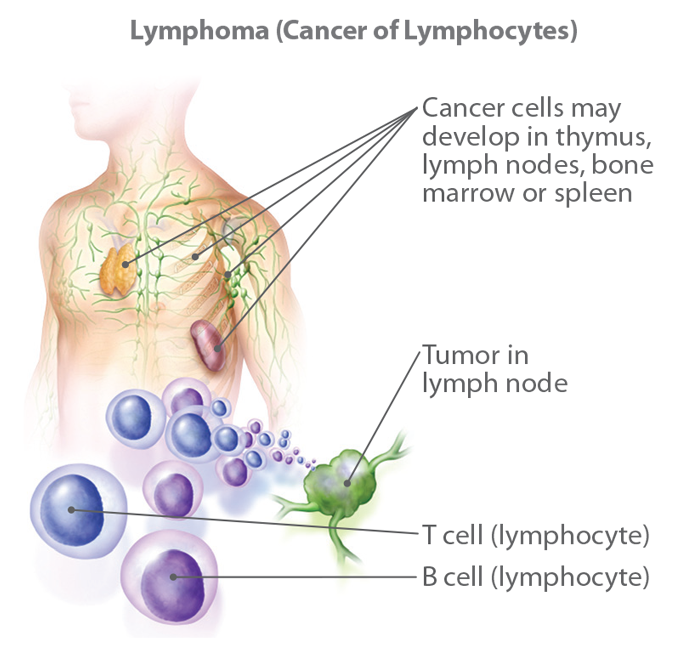
September is World Lymphoma Awareness Month
World Lymphoma Awareness Day is held on 15 September every year and is a day dedicated to raising awareness of lymphoma, an increasingly common form of cancer.
It is a global initiative hosted by the Lymphoma Coalition, a non-profit network organisation of 63 lymphoma patient groups from 44 countries around the world of which Namibia (CAN) is a member through the Campaigning 4 Cancer coalition.
Lymphoma is cancer that begins in infection-fighting cells of the immune system, called lymphocytes. These cells are in the lymph nodes, spleen, thymus, bone marrow, and other parts of the body. When you have lymphoma, lymphocytes change and grow out of control.
There are two main types of lymphoma:
- Non-Hodgkin: Most people with lymphoma have this type.
- Hodgkin
Non-Hodgkin and Hodgkin lymphoma involve different types of lymphocyte cells. Every type of lymphoma grows at a different rate and responds differently to treatment.
Lymphoma is very treatable, and the outlook can vary depending on the type of lymphoma and its stage. Your doctor can help you find the right treatment for your type and stage of the illness.
Lymphoma is different from leukemia. Each of these cancers starts in a different type of cell.
- Lymphoma starts in infection-fighting lymphocytes.
- Leukemia starts in blood-forming cells inside bone marrow.
Lymphoma is also not the same as lymphedema, which is a collection of fluid that forms in body tissues when there is damage or blockage to the lymph system.
Causes
Scientists don’t know what causes lymphoma in most cases.
You might be more at risk if you:
- Are in your 60s or older for non-Hodgkin lymphoma
- Are between 15 and 40 or older than 55 for Hodgkin lymphoma
- Are male, although certain subtypes may be more common in females
- Have a weak immune system from HIV /AIDS, an organ transplant, or because you were born with an immune disease
- Have an immune system disease such as rheumatoid, Sjögren’s syndrome, lupus, or celiac disease
- Have been infected with a virus such as Epstein-Barr, hepatitis C, or human T-cell leukemia/lymphoma (HTLV-1)
- Have a close relative who had lymphoma
- Were exposed to benzene or chemicals that kill bugs and weeds
- Were treated for Hodgkin or non-Hodgkin lymphoma in the past
- Were treated for cancer with radiation
Symptoms
Warning signs of lymphoma include:
- Swollen glands (lymph nodes), often in the neck, armpit, or groin that are painless
- Cough
- Shortness of breath
- Fever
- Night sweats
- Fatigue
- Weight loss
- Itching
Many of these symptoms can also be warning signs of other illnesses. See your doctor to find out for sure if you have lymphoma.
